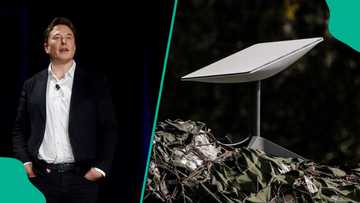The rise of Cabinet Health after Shark Tank: One of the show's successes?
Cabinet Health after Shark Tank grew into a rapidly expanding wellness brand. After securing a deal with investors Kevin O'Leary and Tony Xu, the company initially launched its refillable prescription service and expanded into CVS. Today, it focuses on reducing plastic through over-the-counter products and sustainable packaging.
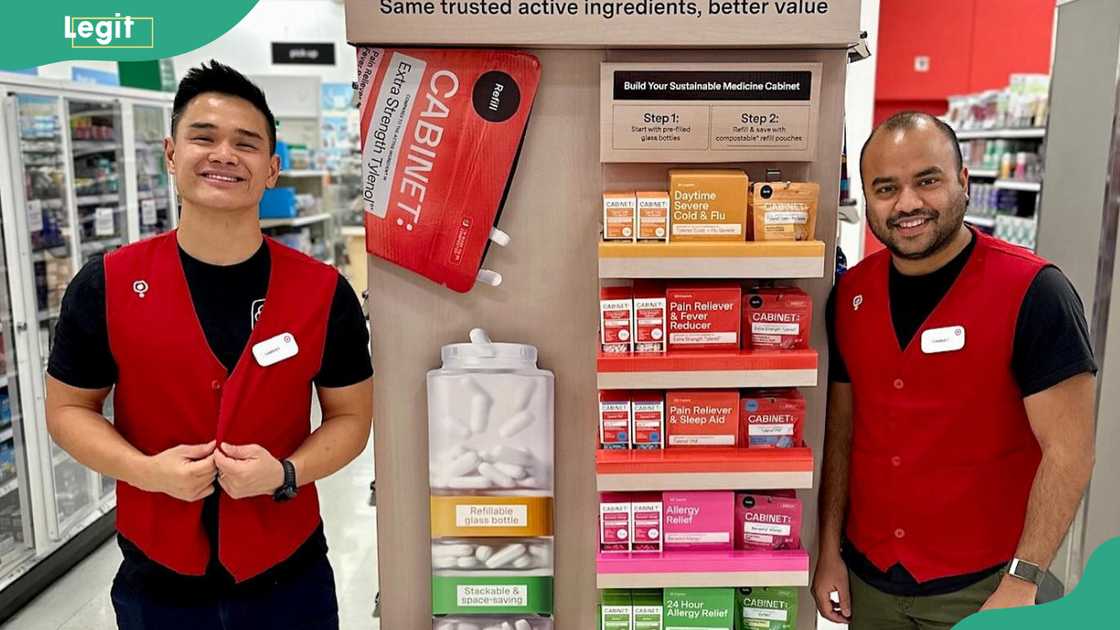
Source: Instagram
TABLE OF CONTENTS
Key takeaways
- Cabinet Health gained national recognition and credibility in the health and wellness market following its 2023 appearance on Shark Tank.
- Kevin O'Leary and Tony Xu invested in the company, providing capital and expert guidance.
- After appearing on Shark Tank, Cabinet Health launched its refillable prescription service, Cabinet Health Rx, and eco-friendly over-the-counter products.
- Cabinet Health's products reached more than 700 CVS locations nationwide in just a few months.
Cabinet Health after Shark Tank update: From startup to mainstream recognition
Cabinet Health's rapid rise to success stands out. It's now a nationally recognised wellness brand from a pitch on sustainable packaging. Here's how Cabinet Health used its Shark Tank deal to fuel growth and innovation.
Inside the Shark Tank investment
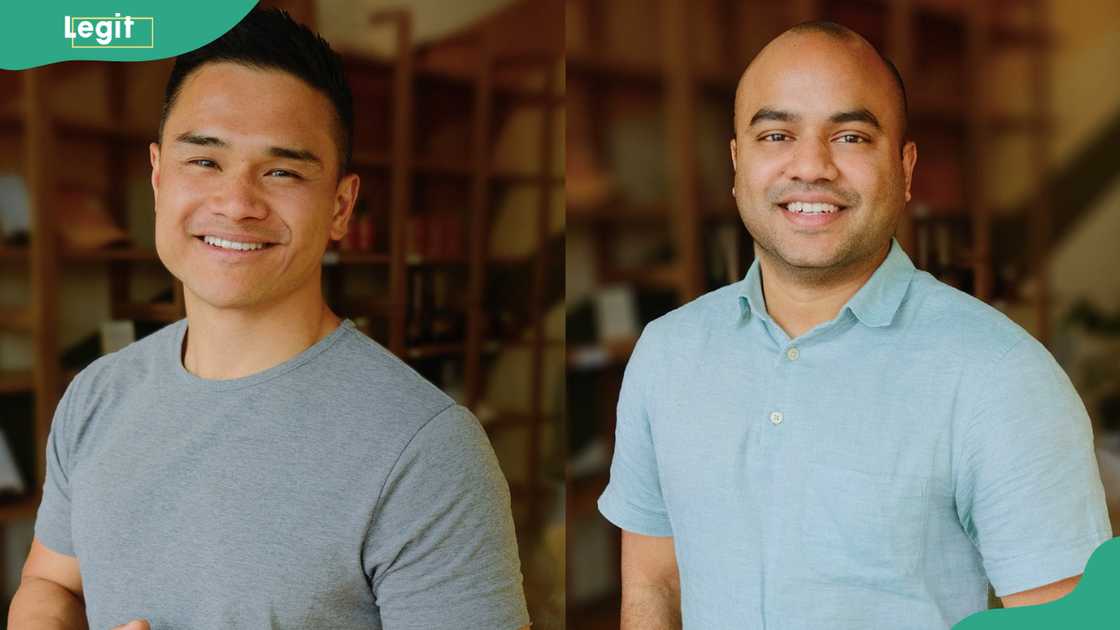
Source: Instagram
In Shark Tank Season 14 (Episode 11), founders Achal Patel and Russell “Russ” Gong of Cabinet Health asked for $500,000 in exchange for 2.5% equity, placing the company's valuation at $20 million.
This figure reflected their sales momentum and the long-term potential of their refillable, sustainable medicine packaging system. Some sharks admired the mission, but others—like Mark Cuban—doubted the valuation and scalability.
Eventually, Cabinet Health co-founders Achal Patel and Russell Gong struck a deal with Sharks Kevin O'Leary and Tony Xu, a $500,000 joint investment for 7% equity, plus a 2% royalty on sales until repayment.
Beyond capital, the deal gave Cabinet Health access to Kevin O'Leary's investment expertise and Xu's retail and logistics network, paving the way for rapid expansion into major outlets like CVS.
Shaping a sustainable product strategy
Another remarkable growth for Cabinet Health after Shark Tank is its innovative product strategy, which combines sustainability and convenience. The company offers refillable glass bottles with compostable pouches to eliminate single-use plastic in both OTC and prescription packaging.
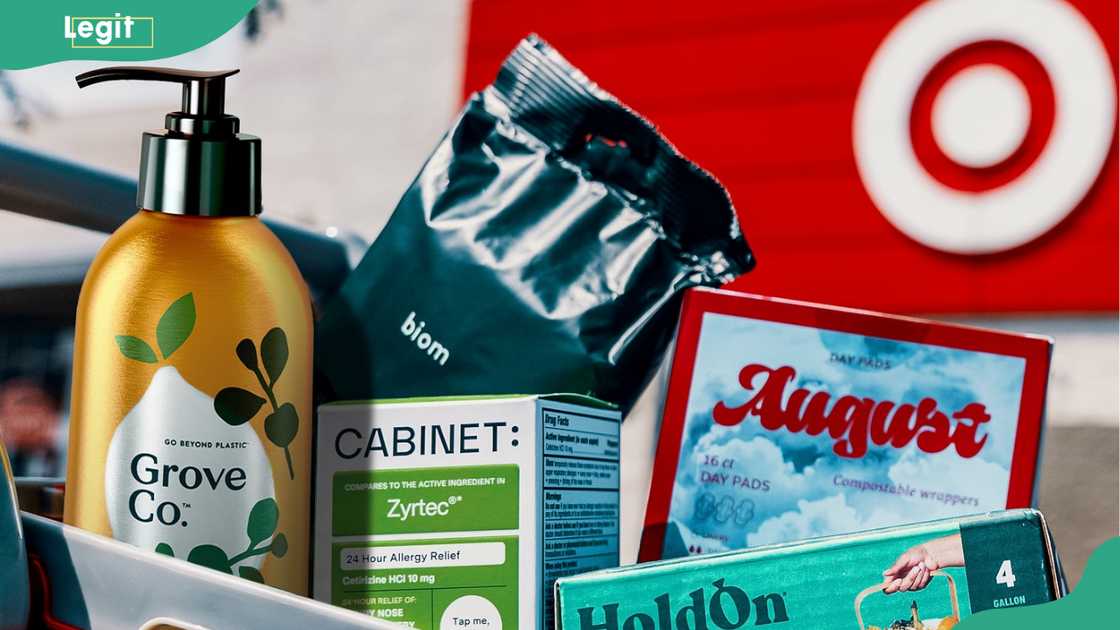
Source: Instagram
This eco-friendly approach appeals to conscious consumers and positions Cabinet Health as an innovator in the pharmaceutical industry. Cabinet Health, therefore, fosters a sustainable refill culture, distinguishing itself from traditional medicine packaging.
Revenue and financial performance
The American businessmen, Russell and Achal, disclosed that their company generated over $14 million in revenue in 2022 and was profitable on a per-unit basis. After the show, the company experienced a notable surge in both revenue and visibility.
It projected annual sales of approximately $25 million for 2023, with reports suggesting they were approaching that mark by mid-year. They were also projected to reach over $20 million in actual sales in 2023 and were hopeful to achieve $45 million in 2024.
Growing market presence and audience
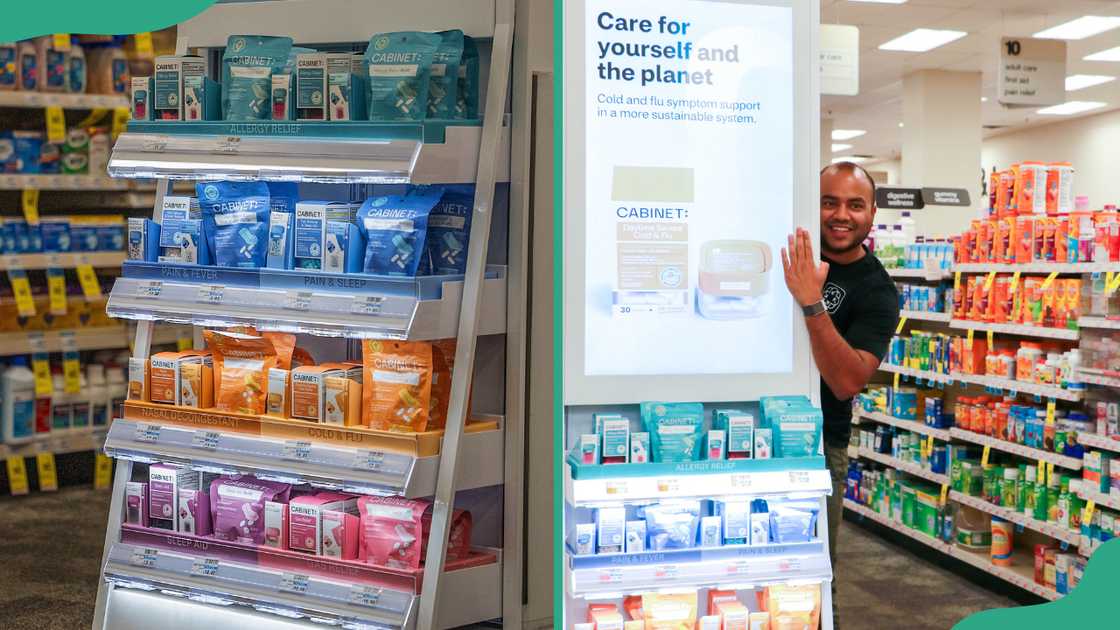
Source: UGC
After their early 2023 appearance on the reality TV show Shark Tank, Cabinet Health experienced substantial growth in both market presence and audience engagement. Prior to the show, the company had cultivated a customer base of around 700,000.

Read also
Natasha confirms EMV compliance, opens training for dozens of beneficiaries, how to apply emerges
Building on this momentum, Cabinet Health quickly expanded its retail footprint. By May 2023, its products were available in over 700 CVS stores nationwide. The rollout also introduced 14 new SKUs, broadening the product lineup and further strengthening the brand’s position as a leader in eco-friendly healthcare solutions.
Managing consumer safety and recalls
In January 2025, the Cabinet Health issued a voluntary recall of around 65,000 4-oz refillable glass medicine bottles due to concerns with the ABS plastic lids. With repeated use, the lids could wear down, potentially compromising their child-resistant feature and posing a poisoning risk for young children.
The recall affected only the lids, not the medicine, and Cabinet Health promptly notified customers and provided free replacements. This response underscores the company's dedication to safety and transparency, highlighting the challenges of scaling innovative, reusable healthcare products.
Is Cabinet Health still in business?
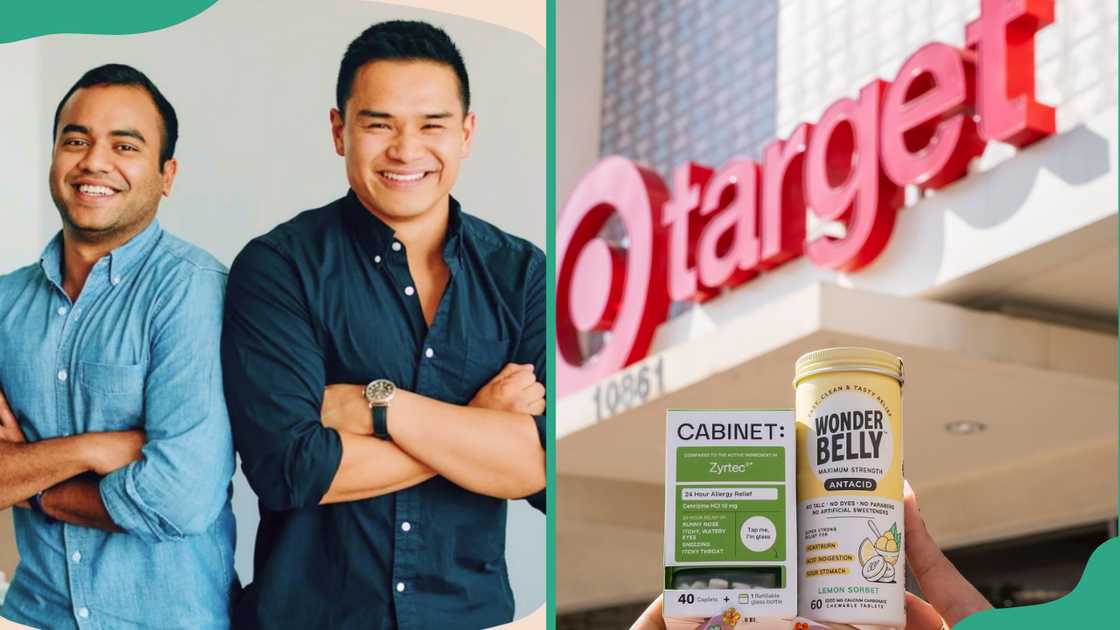
Source: UGC
Cabinet Health is still in the business as of September 2025, although it has discontinued its prescription service. The company now focuses on over-the-counter products and sustainable medicine packaging, and its refillable system is sold nationwide through Target and Amazon.
What is the valuation of Cabinet Health?
As of September 2025, Cabinet Health is privately held, and its current valuation is not publicly disclosed. However, in December 2022, the company raised $17 million in debt and equity, bringing total funding to $23.6 million.
In early 2023, the Cabinet Health founders pitched on Shark Tank for $500,000 for 2.5% equity, implying a $20 million valuation. By August 2023, Cabinet Health was projected to generate about $25 million in annual revenue, reflecting rapid post-show growth.
Is Cabinet Health medicine FDA-approved?
Cabinet Health medicines are not all confirmed as fully FDA-approved prescription drugs. Nevertheless, the company maintains FDA compliance by using FDA-approved ingredients, following over-the-counter (OTC) guidelines, and performing third-party testing.
Who is the CEO of Cabinet Health?
The Indian-American, Achal Patel, is the CEO and co-founder of Cabinet Health.
What is Cabinet Health's net worth after Shark Tank?
According to Shark Tank Insights, the company's net worth is estimated at $50 million.
The success of Cabinet Health after Shark Tank demonstrates the impact of a daring vision on the health industry. Investor support has driven the company’s sustainable packaging and retail expansion. With innovation and sustainability, Cabinet Health stands out among Shark Tank successes.
Legit.ng recently published an article on Minus Cal post-Shark Tank update. Minus Cal was a pioneering fat-blocking protein bar and supplement that claimed to support weight loss. Minus Cal was founded in 2017.
The founders of Minus Cal, Crom Carmichael and Barrett Jacques, pitched their business on Shark Tank season 11, episode 1, to get $500,000 for 20% equity. No investor presented a bid. Find out the latest updates on Minus Cal and whether it is still in business.
Proofreading by Kola Muhammed, copy editor at Legit.ng.
Source: Legit.ng


